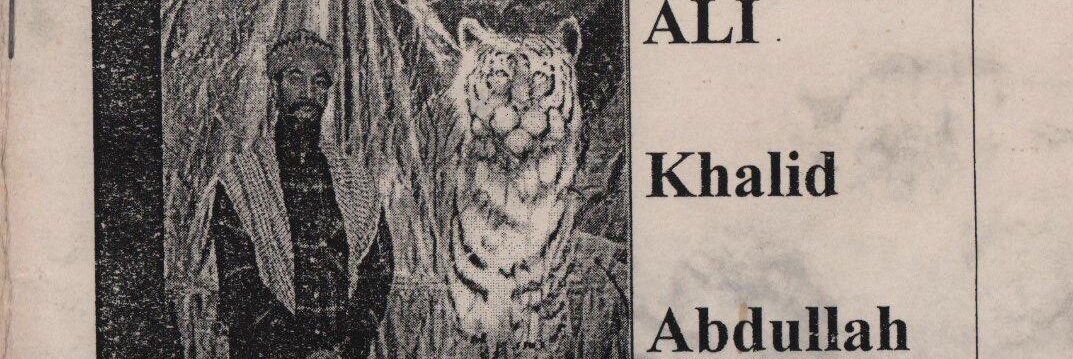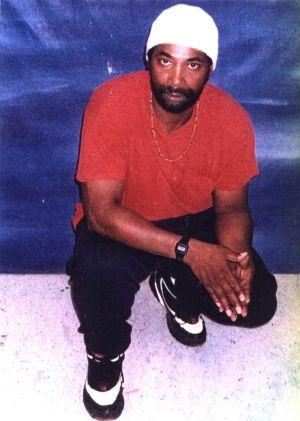About The Website:
All the posts on this website are divided into 3 categories.
- Articles, all the zines, magazines etc.
- Bibliography, lists, including a wantlist
- Biography, content that details the projects and life of Ali.
You can scroll through all the content in uploaded-order by clicking here
About The Project:
This project is pretty much over, when I stumbled upon this material I was shocked and excited to find that it doesn’t really form part of the canon of the development of Black Anarchism. I spent weeks and weeks compiling materials, sending articles to Magazines and making it into zines. I even pitched the would-be collection of texts as a book to a few publishers.
But one late night google had me stumble across a statement outing Ali for abusing some of the very people supporting him from the outside. I was in half the mind to just bin and burn the project, recognizing that this both solved the mystery of why his material isn’t in print and why no one had bothered since. But several people have spent hours and travelled long distances to provide more materials towards this so I want to preserve that and the work I’ve already done, then I will just move onto something else.
Who Was Ali?
Ali Khalid Abdullah was born on August 14th, 1953 in so-called Detroit, Michigan. I’ve not managed to find anything about his early life but it’s clear from his politics that he was at least somewhat interested in Islam and Black Power politics before he went to prison. Ali was imprisoned following an abortive raid on a business with some peers, in retaliation against a local drug dealer. In prison he talked with his peers about drugs, about Islam and about Black power. It’s not obvious how exactly he got in touch with the Anarchist black cross, but at some point he worked with Anthony Rayson of the South Chicago ABC to produce zines and eventually, in 1999, Ali and anthony started the Journal “In The Trenches” as part of a bigger project to start a magazine and network by and for imprisoned people called the Political Prisoners Of War Coalition (P.P.W.C). The journal ran until November in the year 2000. Alongside this, they produced a infrequent PPWC UpDate which covered prison struggles in the US around the same time.
Following 9/11 and the war on Muslims, Ali faced additional isolation from other prisoners, he was a diabetic and was refused his medication which severely impacted his health. From the outside, prisoners in the U.S. and elsewhere and anarchist collectives as far out as Belgium, the UK, Puerto Rico and the Netherlands put on fundraisers and sold his publications to raise him money.
The outing of Ali occurred in 2002 when Anthony raised the concern shared by Kebby Warner to the Anarchist Black Cross, Ali’s response was to lash out and fedjacket Ali who previously had been a long time comrade of his. The ABC and several other groups would withdraw support for him.
Ali would be released in 2008 in poor health, in 2009 he gave a talk at Boxcar Books with Anthony Rayson and the South Chicago ABC and then seemed to disappear from the movement again. That’s kinda where the trail ended. But, by chance, I stumbled on a letter shared alongside an interview by Anthony Rayson, which sadly is corrupted and can’t be played but Anthony also shared a letter from Ali letter dated June 18th, 2014 which explains how he’s dying of cancer, which, at the time of discovery, was inoperable.
Ali would die on the seventh of August, 2014 in a hospital in New Jersey.

